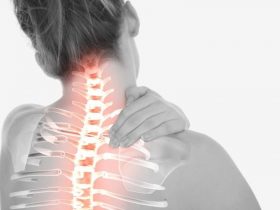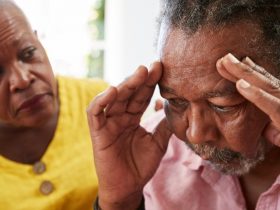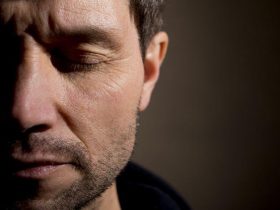However, they have an average of 8.2 million views versus 0.3 million for expert videos
By Lori Solomon HealthDay Reporter
WEDNESDAY, March 15, 2023 (HealthDay News) — Popular YouTube videos about sleep and insomnia contain misinformation and commercial bias, according to a study published online Feb. 16 in the Journal of Clinical Sleep Medicine.
Rebecca Robbins, Ph.D., from Brigham and Womenâs Hospital in Boston, and colleagues compared the understandability, information quality, and presence of misinformation of the five most popular YouTube videos on sleep to videos with credible experts.
“What’s tricky is that so much of health information is very nuanced, and a lot of popular YouTube videos have clickbait and appeal to shorter attention spans,” Robbins said in a statement. “People today often want very bite-sized pieces of information. However, science is fundamentally more nuanced than a one-liner or the 280 characters in a Twitter post.”
The researchers found that the most popular videos received on average 8.2 million views, while the expert-led videos received on average 0.3 million views. Two-thirds of the popular videos had commercial bias versus none of the expert videos. Additionally, the popular videos featured significantly more misinformation than expert videos.
“Medical misinformation, including what’s found in some videos about sleep disorders, can lead to patients avoiding care or receiving the wrong care and can be detrimental to patient outcomes,” senior author Stuart Quan, M.D., clinical chief and medical director of the Brigham’s Sleep Disorders Service, said in a statement. “Sleep medicine is not immune to this issue.”
One author disclosed consultancy work for Best Doctors, Bryte Foundation, Jazz Pharmaceuticals, and Whispersom; another author disclosed financial ties to the sleep industry.
Copyright © 2023 HealthDay. All rights reserved.







